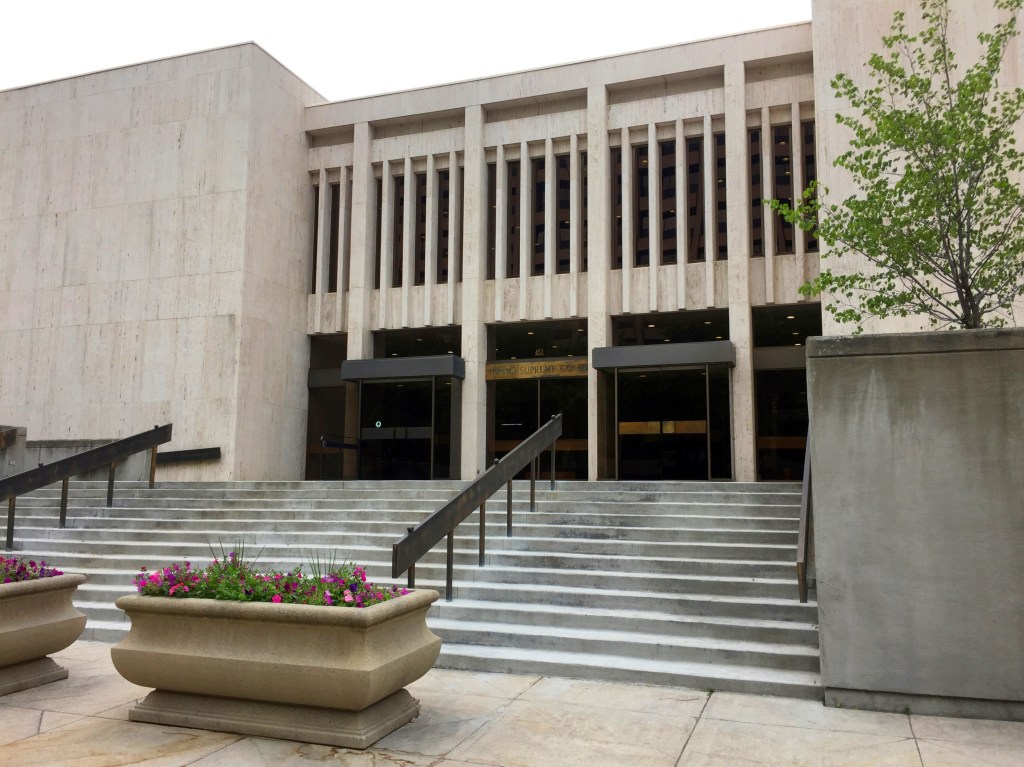Supreme Court allows Idaho to enforce emergency room abortion ban
The Supreme Court on Friday allowed Idaho to enforce its abortion ban while it considers whether emergency room doctors can legally use the procedure in order to stabilize a patient.
A lower court had blocked Idaho’s abortion ban in hospital emergencies after a lawsuit filed by the Biden administration argued that doctors must comply with the Emergency Medical Treatment and Active Labor Act (EMTALA).
The 1986 federal law requires ER physicians to provide an abortion when necessary as part of stabilizing treatment for an emergency medical condition.
The US Department of Health and Human Services issued guidance about the law two weeks after the Supreme Court’s 2022 reversal of Roe v. Wade, and the Biden administration sued Idaho a month later.
“For certain medical emergencies, abortion care is the necessary stabilizing treatment,” Solicitor General Elizabeth Prelogar wrote in the Biden administration’s filing with the Supreme Court.

Lower courts have reached conflicting decisions on whether states with near-total abortion bans can outlaw the procedure if needed to stabilize a patient in an emergency room setting.
US District Judge B. Lynn Winmill in Idaho sided with the Biden administration, while in Texas, a panel of judges on the Court of Appeals for the Fifth Circuit ruled that EMTALA does not compel doctors to provide abortions.
“EMTALA does not mandate medical treatments, let alone abortion care, nor does it preempt Texas law,” the three-judge panel — all appointed by Republican presidents — concluded in the Texas case.
“We therefore decline to expand the scope of EMTALA,” the ruling stated.
Idaho’s abortion law punishes anyone who performs or assists in an abortion with up to five years in prison. It allows exceptions for instances in which the life of the woman is in danger and for victims of rape and incest.
The high court will hear oral arguments in the case in April.
Read the full article Here


